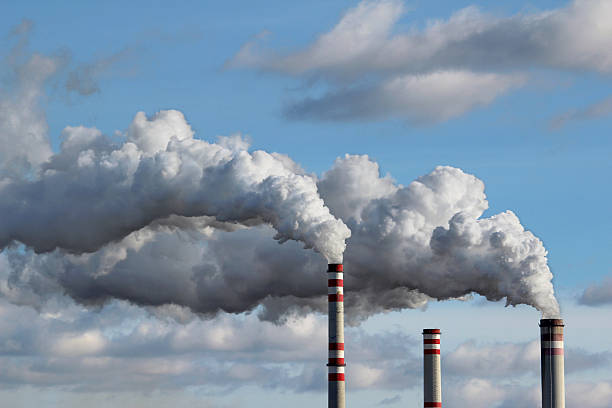Ozone Layer Discovery Scientist Expresses Concern Over Climate Change Impact on Future Generations

Jonathan Shanklin, one of the scientists who discovered the hole in the ozone layer 40 years ago, reflects with pride on that achievement but now voices significant concern about the growing challenge of climate change, Newsweek reports.
Shanklin, a meteorologist and emeritus fellow at the British Antarctic Survey (BAS), made the landmark discovery in 1985 alongside colleagues Joe Farman and Brian G. Gardiner. This finding, described by BAS Director of Science Dominic Hodgson as “one of the most important environmental discoveries of the 20th century,” prompted swift international action to address the issue.
The discovery revealed a severe depletion of the ozone layer above Antarctica, a protective shield that filters harmful ultraviolet radiation from the sun. Shanklin said he is proud that the observations were accurate and brought global attention to the problem.
Efforts to mitigate the ozone crisis culminated in the Montreal Protocol, an international agreement signed in 1987 by a record number of countries to phase out chlorofluorocarbons (CFCs), the chemicals responsible for ozone damage. According to the World Economic Forum, the ozone layer is now on a path toward recovery, demonstrating a successful environmental response.
However, Shanklin contrasts the relative ease of addressing the ozone crisis with the far more complex challenge posed by climate change. He notes that stopping the release of ozone-depleting chemicals was straightforward partly because alternatives were available and no major changes in personal lifestyle were required.
In contrast, Shanklin points to the economic model underlying current climate issues as problematic. He criticizes the assumption that natural resources are unlimited and that their use carries no consequences. He emphasizes that this mindset has contributed to multiple environmental crises, including climate change, biodiversity loss, plastic pollution, and the original ozone depletion.
Expressing personal concern, Shanklin said he fears for future generations who will face the consequences of climate change if decisive action is not taken. He urged policymakers to heed scientific evidence and incorporate the true costs of resource use into economic planning.
Reflecting on lessons learned from the ozone crisis, Shanklin highlighted the importance of clear communication. He observed that the term “ozone hole” conveyed an immediate problem, whereas phrases like “climate change” or “greenhouse warming” might sound less alarming or even appealing to some people.
Shanklin also underscored the value of political leadership grounded in scientific understanding, citing former British Prime Minister Margaret Thatcher’s background in chemistry as an example. He stressed that environmental challenges are interconnected and cannot be solved in isolation.
Concluding, Shanklin pointed to personal greed and a lack of altruism as root causes behind ongoing environmental issues. He called for collective responsibility and a broader consideration of the welfare of others, including future generations.









The latest news in your social feeds
Subscribe to our social media platforms to stay tuned